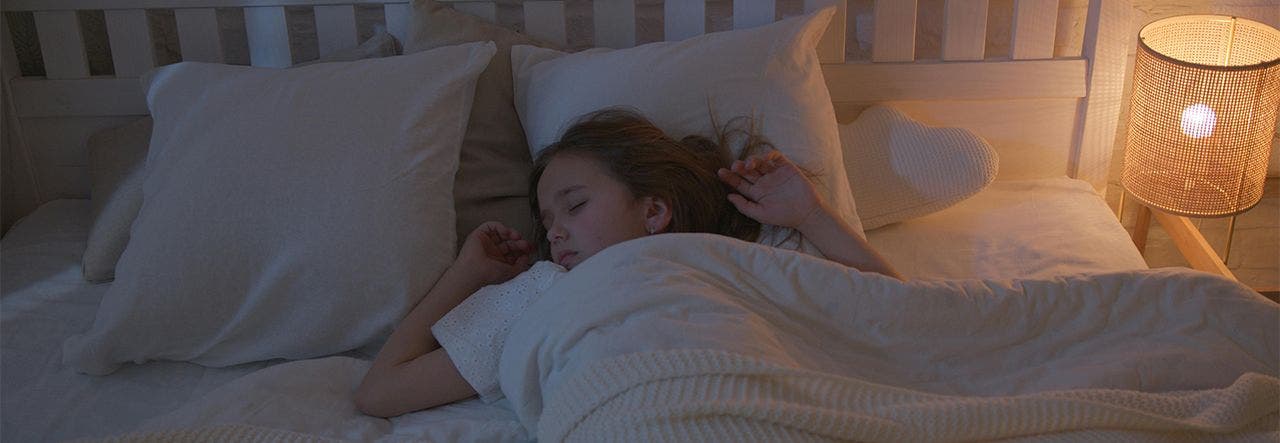Winter is the Perfect Time to Establish Healthy Sleep Habits
As a certified pediatric sleep consultant, I often find that parents look for the "perfect time" to begin making changes to their family's sleep habits. While every season has its advantages, winter stands out as an ideal time to focus on creating healthier sleep routines. The cooler temperatures, shorter days and natural opportunities for family bonding make winter uniquely suited for setting the stage for restorative sleep for everyone in the household. Let’s explore why winter is such a great season to embrace healthy sleep habits and how you can make the most of this time to benefit your entire family.
The Importance of Healthy Sleep Habits
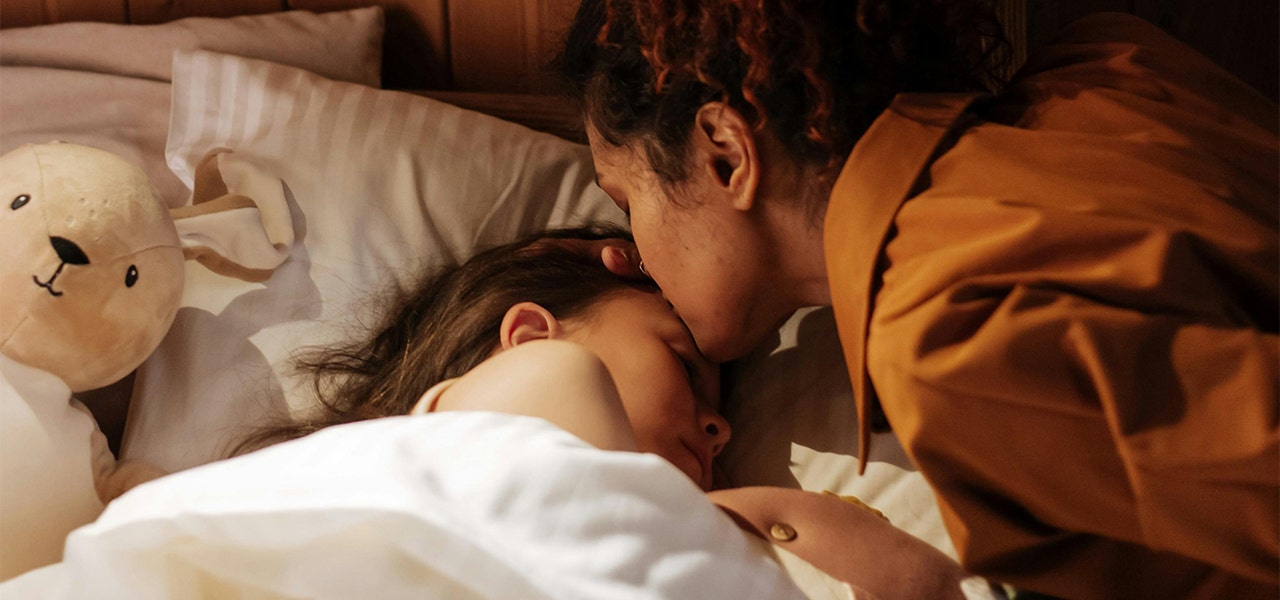

Before diving into why winter is the perfect time, it’s essential to understand why healthy sleep habits are crucial. Sleep is foundational to physical, emotional and cognitive well-being for both children and adults. For children, sleep supports growth, brain development, immune function and emotional regulation. For adults, quality sleep is essential for managing stress, maintaining focus and supporting overall health.
Unfortunately, many families struggle with sleep issues that can disrupt these benefits. Whether it’s difficulty falling asleep, frequent night wakings or inconsistent routines, sleep challenges can lead to exhaustion and stress. Establishing healthy sleep habits can transform nights into restful, rejuvenating periods and set the tone for productive and happy days.
Why Winter is an Ideal Season for Sleep Training and Healthy Habits
Let’s explore why this season is the best time to embrace healthy sleep habits and how you can make the most it.
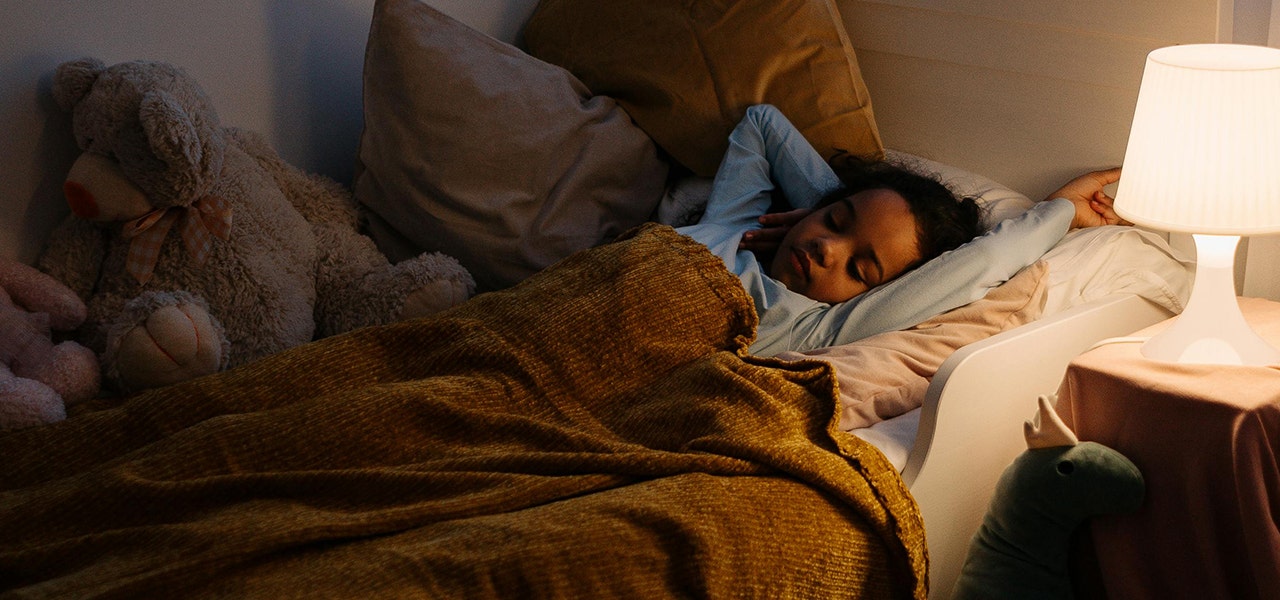

1. Shorter Days Help Regulate Circadian Rhythms
One of the most significant advantages of winter is the shorter days and longer nights. Natural light plays a critical role in regulating the body’s circadian rhythms, which influence when we feel sleepy and when we feel alert. The earlier sunset in winter creates a natural cue for the body to wind down earlier in the evening. This can make it easier to establish consistent bedtime routines for children and adults alike.
For parents struggling with kids who resist bedtime, the early darkness can help signal to young minds that it’s time to settle in for the night. Pairing this natural cue with calming pre-bedtime activities, such as reading or dimming lights, can reinforce a strong sleep association.
2. Cooler Temperatures Promote Better Sleep
Winter’s cooler temperatures create an ideal sleeping environment. Research shows that a slightly cooler room (typically around 68°F) is optimal for sleep. Cooler temperatures help the body’s core temperature drop, which is a natural part of the sleep process. With the colder weather, you can take advantage of this by ensuring bedrooms are comfortably cool and cozy, with appropriate bedding to keep everyone warm but not overheated.
Creating the right sleeping environment during winter might include layering breathable fabrics, using sleep sacks for younger children or investing in blackout curtains to keep rooms dark during sleep periods.
3. Opportunities for Routine and Structure
Winter often brings a slower pace for families. With fewer outdoor activities and commitments compared to the busier summer months, many families spend more time indoors. This creates a perfect opportunity to establish consistent daily routines, which are critical for healthy sleep habits.
Children, in particular, thrive on predictable schedules. Setting consistent wake times, meal times, nap times (for younger children) and bedtimes can help regulate their internal clocks. Winter’s quieter days provide the stability needed to implement and stick to these routines without the disruptions of summer vacations or late evening activities.
4. Family Bonding Enhances Emotional Security
The winter months naturally encourage more indoor family time, which can strengthen emotional connections. Emotional security is a key factor in promoting good sleep, especially for young children. When children feel safe and connected, they are more likely to settle down for sleep without anxiety or resistance.
Use the winter season to engage in calming, bonding activities in the evening. Storytime by the fireplace, family board games or practicing mindfulness together can create a sense of togetherness that fosters a relaxed environment conducive to sleep.
5. The New Year Brings Motivation for Change
For many families, winter coincides with the start of a new year and a time when people naturally focus on self-improvement and setting goals. This seasonal mindset of New Year's resolutions can be a powerful motivator for making changes to sleep routines. Whether it’s committing to an earlier bedtime, reducing screen time before bed or tackling specific sleep challenges, the New Year’s energy can help families stay consistent and motivated.
Practical Steps for Establishing Healthy Sleep Habits This Winter
Now that we’ve explored why winter is a great time to prioritize sleep, let’s look at actionable steps to help your family get started.


1. Create a Consistent Sleep Schedule
Establishing a regular sleep schedule is one of the most effective ways to promote healthy sleep. Aim to wake up and go to bed at the same time every day, even on weekends. Consistency helps regulate the body’s internal clock, making it easier to fall asleep and wake up naturally.
2. Develop a Relaxing Bedtime Routine
A calming pre-bedtime routine signals the brain that it’s time to wind down. Activities such as a warm bath, reading a book, or listening to soothing music can help transition the mind and body into sleep mode. For younger children, a predictable bedtime routine can also reduce resistance and tantrums.
3. Limit Screen Time Before Bed
Blue light from screens can interfere with melatonin production, the hormone responsible for sleep. Make it a family rule to turn off screens at least an hour before bedtime. Encourage alternative activities, like journaling or family conversations, to fill this time.
4. Optimize the Sleep Environment
Ensure that bedrooms are conducive to sleep by keeping them cool, dark and quiet. Consider using white noise machines to block out disruptive sounds, and invest in comfortable kids mattresses and kids pillows. For children, a favorite stuffed animal or blanket can provide added comfort.
5. Address Sleep Challenges Head-On
If your family is dealing with specific sleep issues, such as night wakings, difficulty falling asleep, or early rising, winter is a great time to tackle these challenges. Work with a pediatric sleep consultant, such as myself, if needed to create a customized sleep plan for your child.
6. Prioritize Sleep for the Whole Family
Healthy sleep habits aren’t just for children. Parents also need adequate sleep to function at their best. Lead by example by prioritizing your own sleep and modeling good habits, such as sticking to a bedtime routine and avoiding overstimulation in the evening.
Benefits of Establishing Sleep Habits in Winter
By focusing on healthy sleep habits during the winter, your family can enjoy a host of benefits:
- Improved Mood and Behavior: Well-rested children are less irritable and better able to regulate their emotions, leading to a more harmonious household.
- Better Academic and Work Performance: Adequate sleep improves concentration, memory, and problem-solving skills for both children and adults.
- Stronger Immune Function: Quality sleep supports the immune system, helping your family stay healthy during cold and flu season.
- Enhanced Family Relationships: With everyone feeling more rested and less stressed, family members are more likely to enjoy positive interactions and quality time together.
Final Thoughts
Winter is a season of rest, reflection and renewal – making it the perfect time to focus on establishing healthy sleep habits for your family. By taking advantage of the natural cues that winter provides and creating a consistent, calming sleep routine, you can set the stage for restful nights and rejuvenated days.
Remember, creating healthy sleep habits is a journey, not a race. Be patient and consistent, and celebrate small victories along the way. If you need additional support, don’t hesitate to reach out to a certified pediatric sleep consultant who can provide tailored guidance and encouragement.
This winter, give your family the gift of better sleep. It’s a gift that keeps on giving, improving not just your nights but your overall quality of life year-round. If your child is not yet an independent sleeper and over the age of 4 months old, now is the best time to work on their sleep ahead of a packed spring and summer schedule. Reach out to me for more information on my sleep programs. I'm currently running a Black Friday special, offering 1 full year of sleep support at no cost when enrolling in a sleep training program.

 Baby
Baby
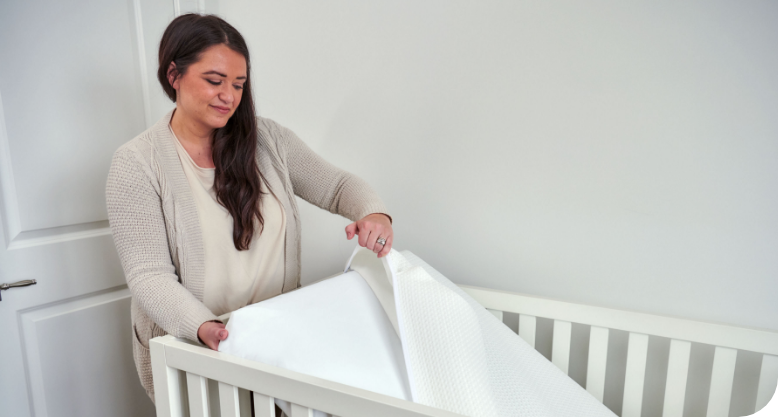
 Kids
Kids
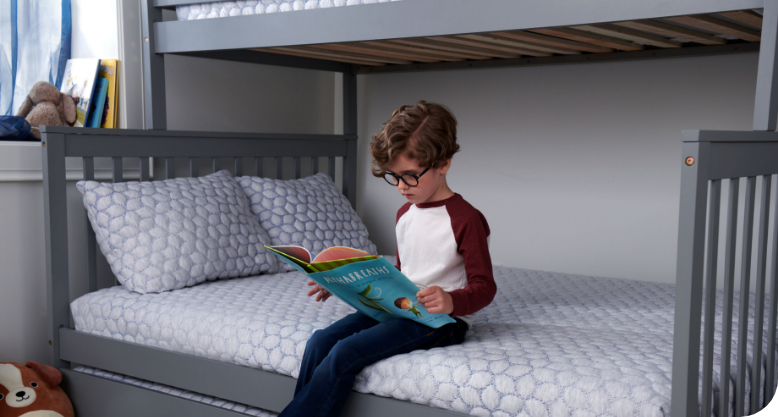
 Learn
Learn

 FIND A STORE
FIND A STORE CONTACT
CONTACT